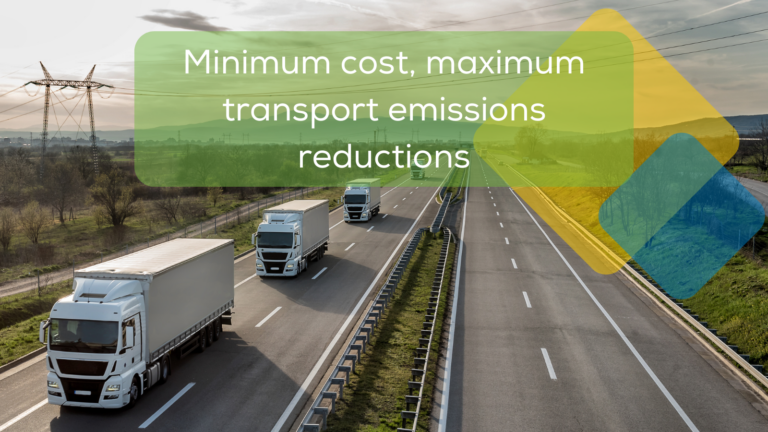
Minimum cost, maximum transport emissions reductions
The transport sector is working to slash its environmental footprint, reducing both carbon dioxide (CO2) and air pollutant emissions in keeping with EU targets. Achieving
Search results

The transport sector is working to slash its environmental footprint, reducing both carbon dioxide (CO2) and air pollutant emissions in keeping with EU targets. Achieving
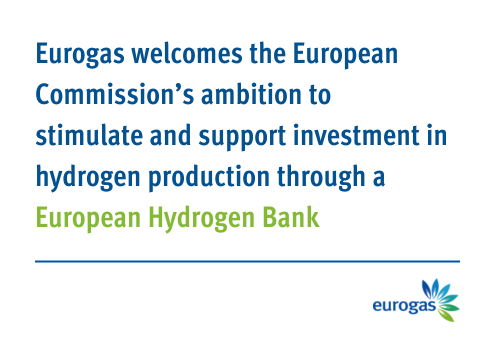
Eurogas believes that both domestic production and imports of hydrogen will be key to deploy this nascent industry…
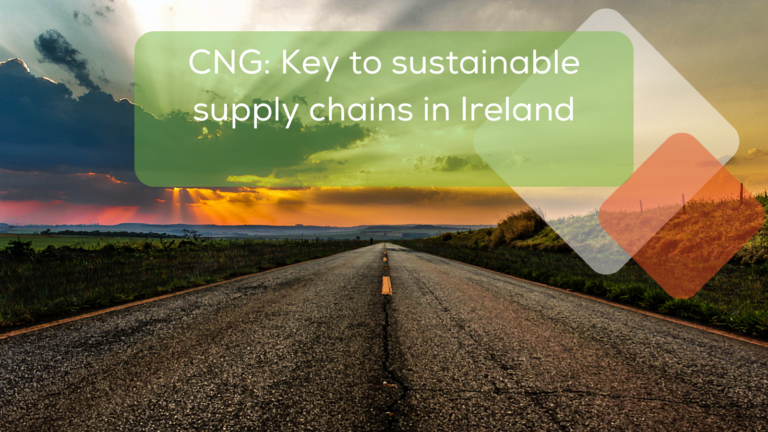
Ireland faces a considerable challenge to meet its emission reduction targets, particularly in the transport sector, as it currently accounts for 42% of Ireland’s energy

We firmly believe that the upcoming Regulation on CO2 standards for Heavy-Duty Vehicles (HDVs) will play a key role in addressing the climate performance of the new vehicle fleet and …
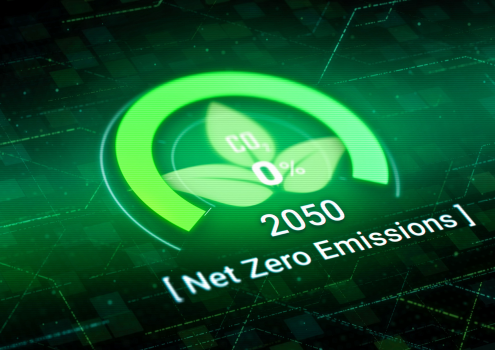
Eurogas calls for an open, inclusive and pragmatic approach that will enable the scaling-up of all decarbonisation options needed to achieve carbon neutrality by 2050, including renewable, low carbon gases, and CCUS technologies.
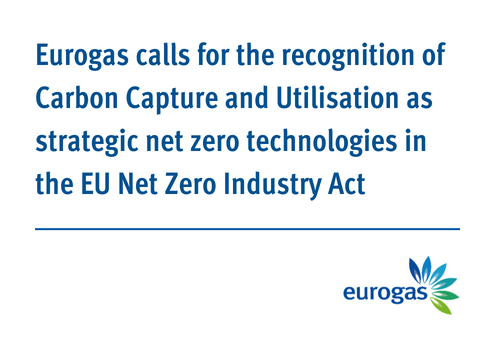
The Net Zero Industry Act (NZIA) distinguishes between net-zero technologies and the strategic net zero technologies…
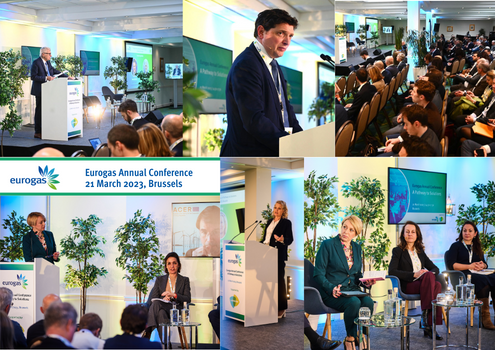
… The conference also dealt with the deployment of low-carbon and renewable gases in transport – a theme introduced during a special speech on biomethane by Landwärme CEO, Zoltan Elek.
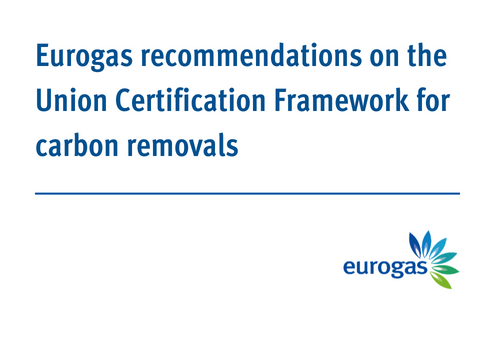
Eurogas welcomes the European Commission’s ambition to deploy a harmonised EU certification system to ensure the role of carbon removals solutions, both nature-based and technology-based, necessary to contribute to achieving the EU climate targets.
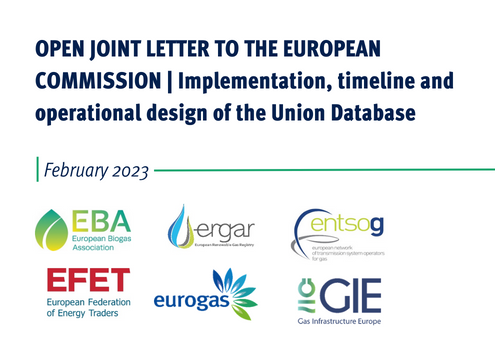
In this open joint letter to the European Commission, Eurogas presents the association’s concerns on the Union Database (UDB) for tracing gaseous and liquid transport fuels, under the recast Renewable Energy Directive.
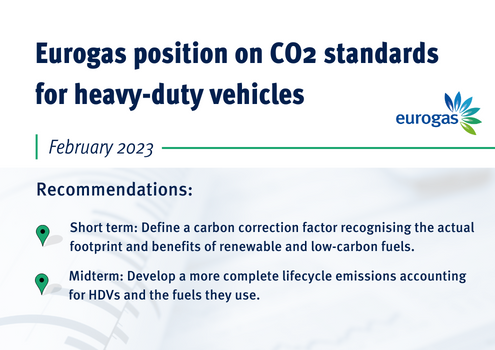
Eurogas welcomes the European Commission’s ambition on CO2 emissions reductions from new heavy-duty vehicles (HDVs), in line with the …